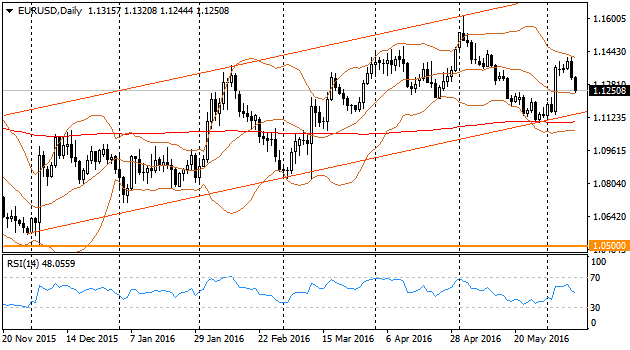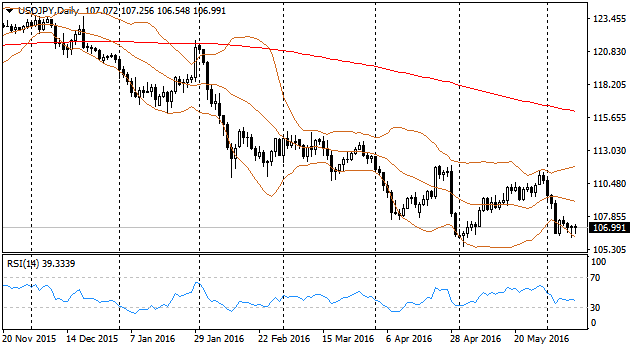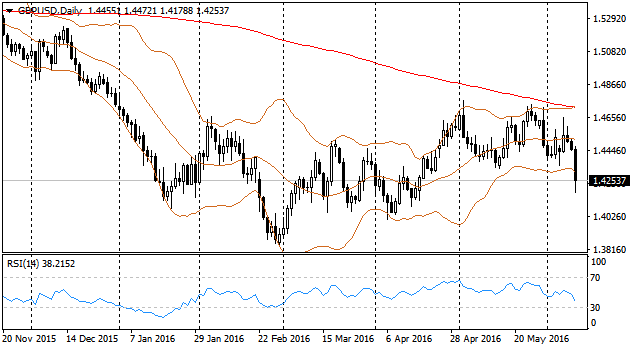
During the first half of the week the usd was influenced by the extremely weak payrolls from the USA. Moreover, on Monday Yellen totally destroyed the bulls hopes for the rate raise in June. She announced again the cautiousness that should use the Federal Reserve while the making rate decision. Hence, we should not worry either about unexpected policy tightening next week. As well fomc forecasts about rate and economy growth remain uncertain. They may again reconsider GDP expectations to the decline side. As per the rate forecasts the uncertainty is much higher.
Weekly unemployment claims, released at the end of the last week, appeared quite good. The primary claims were decreasing the third week in a row, while the secondary claims dropped to the low reached in 2000. All the above means that May payrolls may appear as statistical anomaly. At the same time, ECB representatives continue to press euro, threatening by the further policy easing. Eventually, during Thursday and Friday the pair EURUSD lost 60% of its gain it had on payrolls. It looks like the chances are low for the Federal Reserve to offer something that can knock down the dollar. But they can easily show more hawkish attitude.
The Federal Reserve is not the only reason that influence markets by its decision on Wednesday evening. A bit later, on Thursday, the bank of japan, the Bank of England and the Swiss National Bank will announce their rate decisions. They do not expect any changes on the above, hence, quotes may be influenced even by the tiny shifts in the comments.

USDJPY
Japan has the highest chances on it, while rejection of tax increasing the week before may influence the forecasts of the Bank of Japan. Formally, this should decrease the bank's inflation expectations and make them to act more drastically. Though, actually, Kuroda may escape such action, receiving already much critics of his policy. Therefore, we may witness the traditional Japanese anticipation when thing start getting normal themselves.

The main threat for the British pound now lies neither in the policy of the Bank of England (they will not make any changes) nor in the economic data (they are excellent). The key risk is in the survey results, which have bent strongly to the brexit side during several last weeks. Saturday survey shown that 55% want to leave, while 45% – to stay. The pound will face another bad week and in the best case scenario that will end up on June, 23. This will be true if British population choose to stay. But if the forecasts are correct, that going to be a storm…
